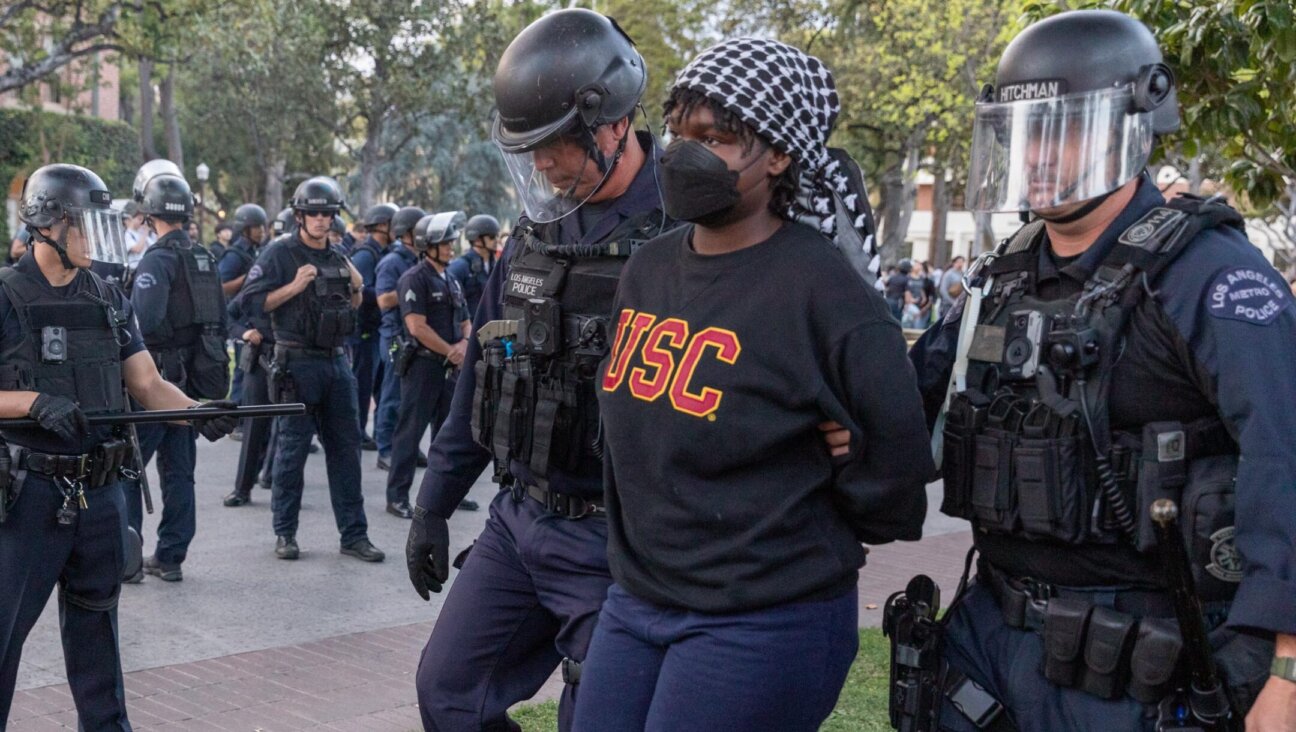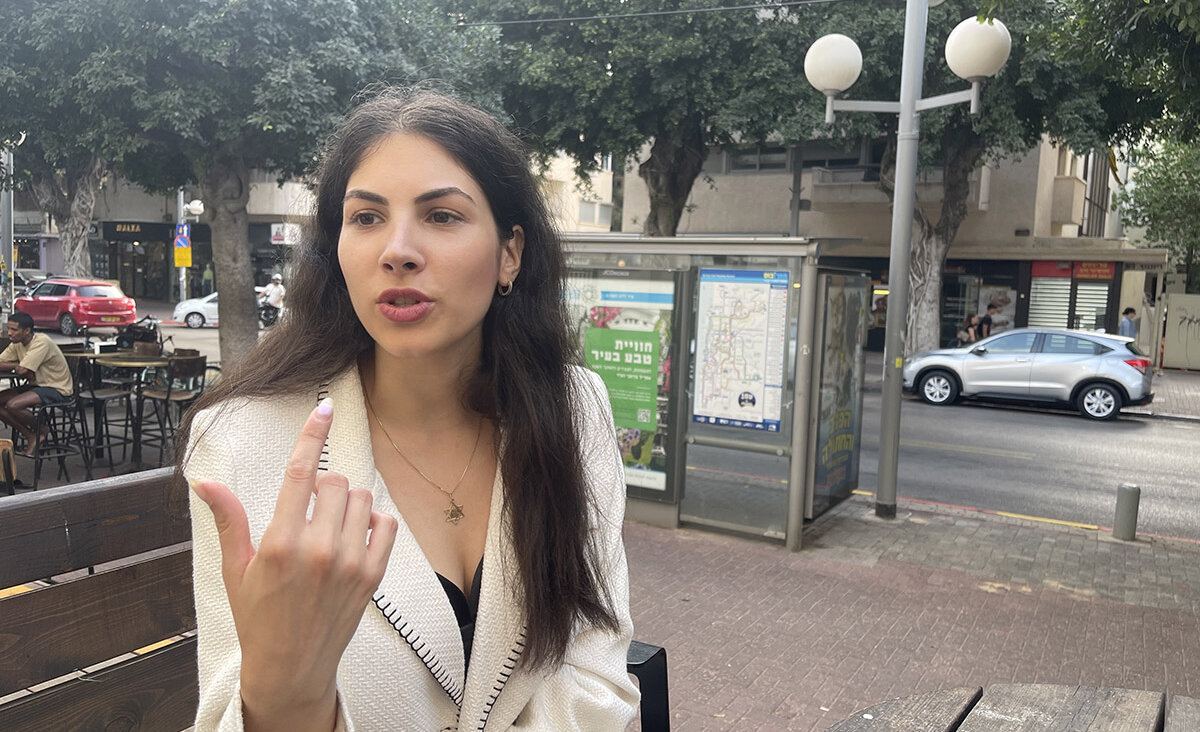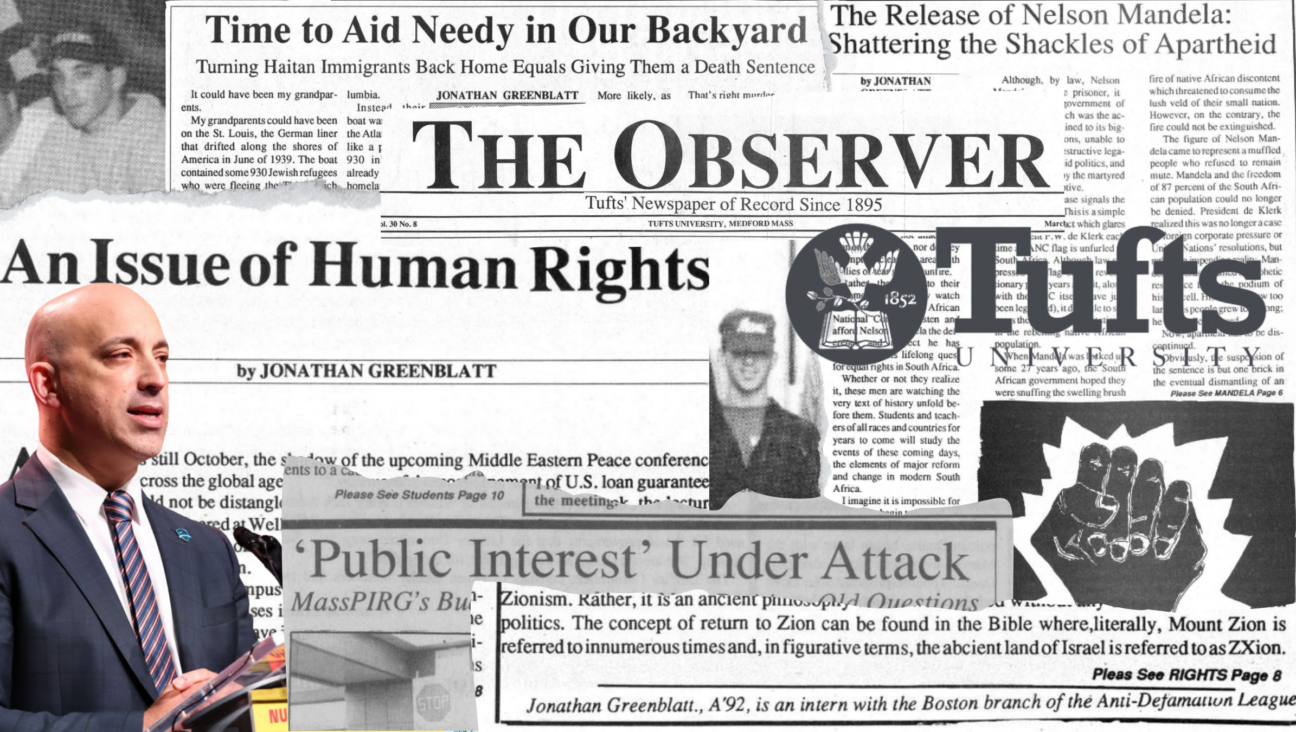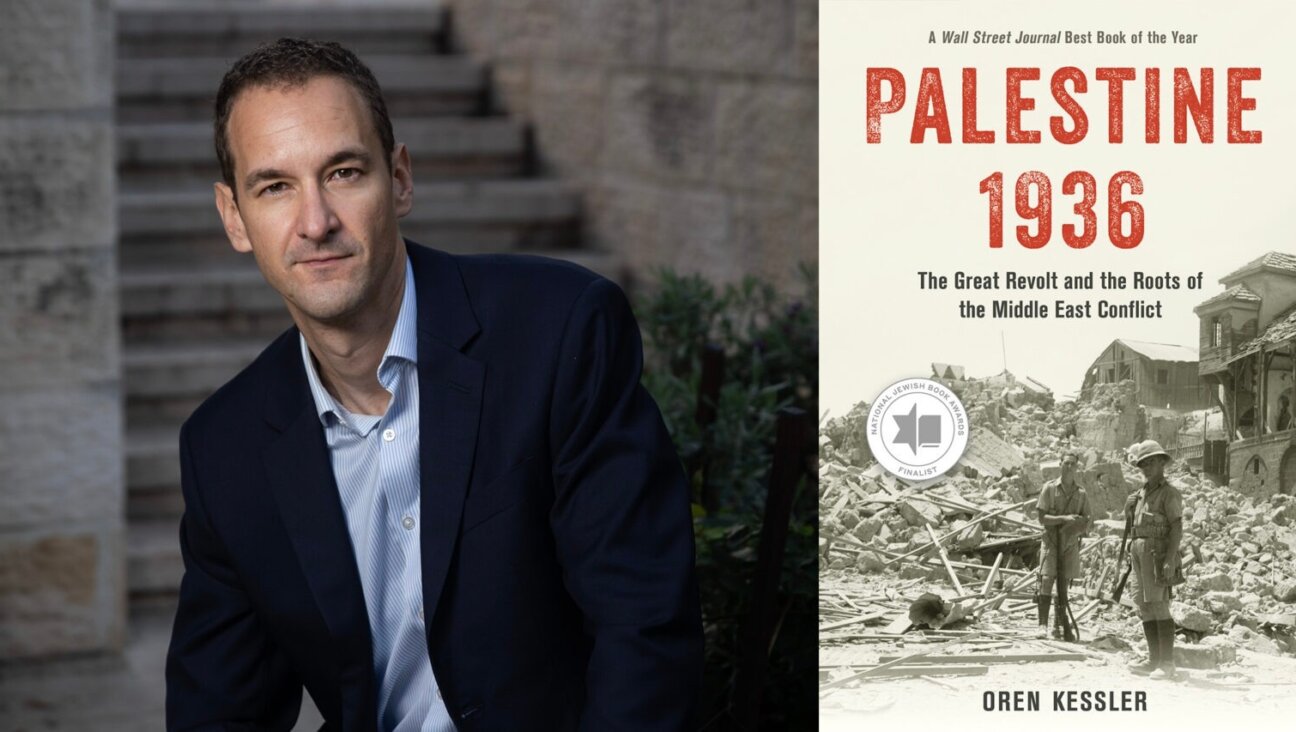A Year of Captivity in a Cuban Jail

Happier Times: Alan and Judy Gross before his imprisonment. Both have suffered in the past year. Image by Courtesy of Gross Family
Every Friday night, Alan Gross pulls out a photograph of a group of friends enjoying Sabbath dinner. Isolated in a Cuban prison cell, he intones the blessing over the bread and wine and stares at the photo of the people, a few families in Maryland that he and his wife used to gather with every week.
“It’s very sad,” his wife, Judy, told the Forward. “But it’s the only thing he’s really got.”
Gross recently marked a year since his arrest December 3, 2009. Senior Cuban officials, including Raul Castro, have accused him of spying, though he has never been formally charged. Gross was visiting the country as part of his work for the U.S. Agency for International Development, his fifth such trip, specifically with the mission of helping the small Cuban-Jewish community set up Internet access.

Happier Times: Alan and Judy Gross before his imprisonment. Both have suffered in the past year. Image by Courtesy of Gross Family
Two major Jewish organizations that represent Cuba’s 1,500 Jews — Havana’s Temple Beth Shalom and the Jewish Community House — both deny ever having met Gross. For the time being, the Gross family has refused to dispute the Cuban-Jewish community, which has its own reasons for distancing itself from controversy and not drawing attention to itself.
As for American Jews, organizations and leaders have been conspicuously quiet on Gross’s imprisonment. This despite a high-profile appeal from Secretary of State Hillary Rodham Clinton in July that the community protest on Gross’s behalf.
“I am really making an appeal to the active Jewish community here in our country to join this cause,” Clinton said.
The main reason that this has not happened in the past year is that the Gross family prefers secret negotiations with the Cubans to any public campaign. Gross’s wife said she didn’t know the purpose of Clinton’s call.
“It was a bit confusing to me,” she said. “We were very appreciative of it. But it wasn’t made clear really what she wanted. So I guess it didn’t go that far. But that’s okay. We didn’t really want to get the different organizations involved.”
As a strategy, though, Judy Gross was hard-pressed to explain how the preference for quiet diplomacy has worked. Asked about her husband’s current situation, she said: “It might as well be day one. The Cubans don’t really want to sit down and talk with us at all. We’ve tried to engage them many times.”
In the meantime, Judy Gross’s own situation has deteriorated over the past year.
She had been forced to sell the family’s home in Maryland, which they could no longer afford. Her older daughter was diagnosed with breast cancer, and her younger daughter totaled her car in an accident that occurred on her father’s birthday, as she drove distraught and crying.
Gross is being held in a Cuban military hospital and is being treated “fairly,” his spouse said. He is allowed to watch baseball on a small television and has picked up some Spanish. Nevertheless, when Judy Gross visited her husband for three days last summer — her first and only visit — she found him looking, she said, “like death warmed over. He was all hunched over and pale, kind of sunken in.”
Gross had lost 90 pounds, she said, and had suffered paralysis in one of his feet.
Other than his family’s desire to settle the case privately, there was no indication as to why the Jewish community has not taken up Gross’s cause more actively, or openly lobbied the American or Cuban government.
Dina Siegel Vann, director of the American Jewish Committee’s Latino and Latin American Institute, told the Forward months ago that the AJC was working behind the scenes, with the cooperation of the State Department. But asked more recently for an update, Siegel Vann admitted that there had been no progress.
Concern for the welfare of the Cuban-Jewish community may have contributed to communal Jewish silence on this issue. Judy Gross said this hypothesis might be correct. She also refused to name the Jewish organizations and leaders who she said have been secretly helpful.
But the wife of the imprisoned man also seemed to back away from any notion that this case demanded any special attention from Jews.
“I think his cause needs to be taken up as a humanitarian cause, and I think it needs to go public, but I don’t think it’s a Jewish issue,” she said. “The problem is between Alan and the Cuban government.”
Contact Gal Beckerman at [email protected] or on Twitter @galbeckerman

I hope you appreciated this article. Before you go, I’d like to ask you to please support the Forward’s award-winning journalism this Passover.
In this age of misinformation, our work is needed like never before. We report on the news that matters most to American Jews, driven by truth, not ideology.
At a time when newsrooms are closing or cutting back, the Forward has removed its paywall. That means for the first time in our 126-year history, Forward journalism is free to everyone, everywhere. With an ongoing war, rising antisemitism, and a flood of disinformation that may affect the upcoming election, we believe that free and open access to Jewish journalism is imperative.
Readers like you make it all possible. Right now, we’re in the middle of our Passover Pledge Drive and we still need 300 people to step up and make a gift to sustain our trustworthy, independent journalism.
Make a gift of any size and become a Forward member today. You’ll support our mission to tell the American Jewish story fully and fairly.
— Rachel Fishman Feddersen, Publisher and CEO
Join our mission to tell the Jewish story fully and fairly.
Only 300 more gifts needed by April 30






















